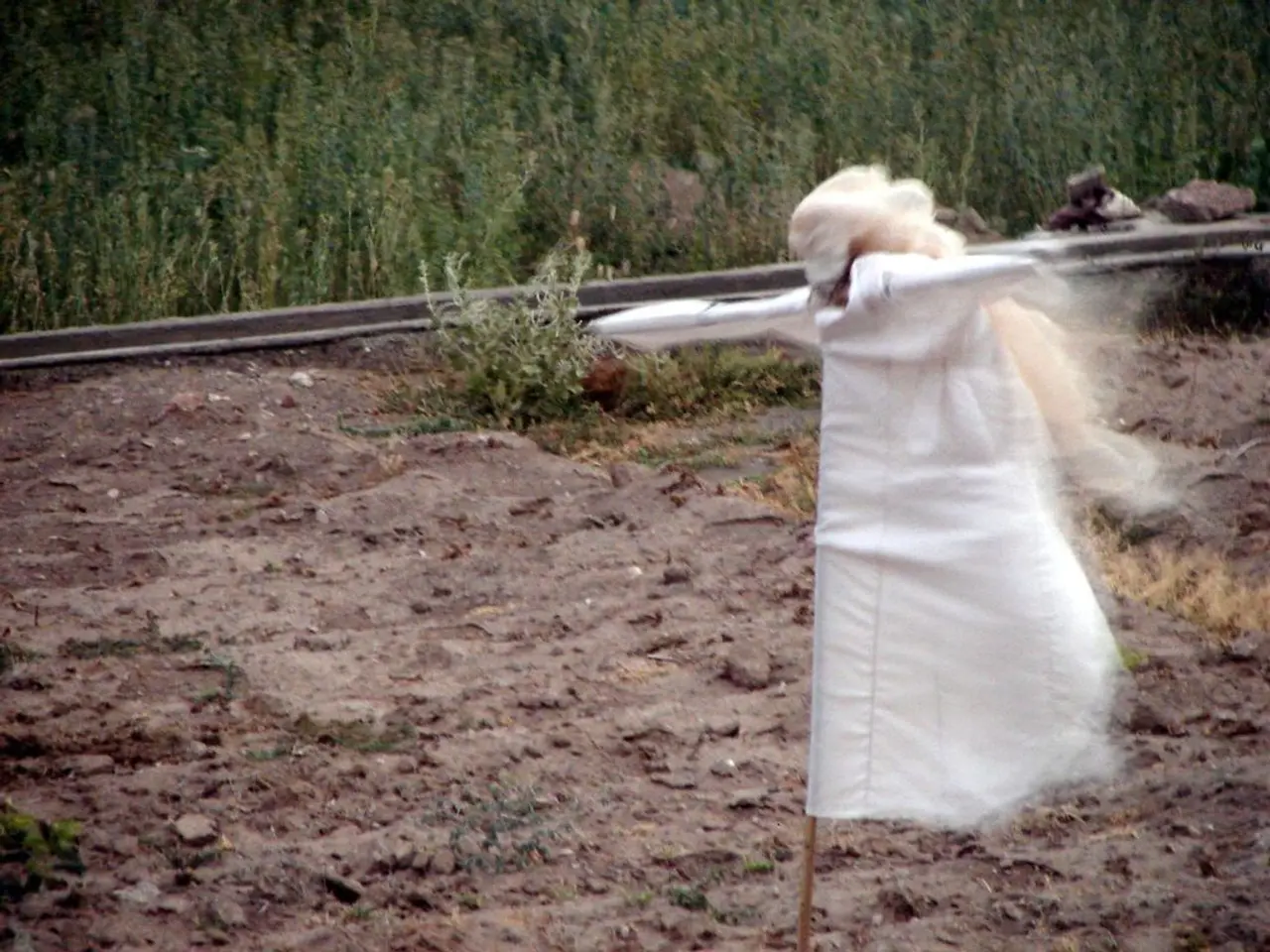Gardening may receive a surprising boost from raccoons as potential allies.
In a backyard ecosystem, raccoons might be seen as nuisances, but they offer several benefits that gardeners can appreciate. These masked bandits play a crucial role in maintaining a balanced and sustainable garden environment.
**Natural Pest Control**
Raccoons are voracious eaters, with about 40% of their diet consisting of invertebrates. They consume common garden pests such as grubs, beetles, snails, slugs, mice, and wasp larvae, which can damage plants. By foraging for these pests, raccoons help reduce their populations naturally without the need for chemical interventions.
**Ecosystem Balance**
As omnivores and opportunistic feeders, raccoons contribute to maintaining a balanced food web. They act as keystone species by influencing the populations of various animals, indirectly benefiting garden health by maintaining predator-prey dynamics.
**Soil and Plant Health**
Through their digging and rooting behaviour, raccoons may help strengthen root systems and prevent soil erosion in vulnerable garden or grassland areas, which can enhance soil quality and plant stability. Additionally, they aerate soil by digging shallow holes, aiding water and nutrient absorption.
**Seed Dispersal**
Raccoons also help in seed dispersal, promoting plant diversity in the backyard ecosystem, which supports a richer and healthier garden environment.
While raccoons can sometimes cause minor disturbances, their overall impact on gardens can be beneficial. Managing their activity thoughtfully allows gardeners to harness these advantages while minimizing potential garden damage.
Securing compost and trash bins, harvesting ripe fruit and vegetables promptly, fencing off prized plants, and not intentionally feeding them can help minimize raccoon mischief. A balanced perspective should be taken towards raccoons, as their overall impact on gardens can be beneficial despite occasional damage.
Raccoons' presence indicates a thriving ecosystem, suggesting that your garden is supporting wildlife beyond just plants and pollinators. They are highly intelligent, social, and endlessly curious, making them fascinating to observe.
In summary, raccoons in a backyard ecosystem benefit gardeners by naturally controlling pests, supporting ecological balance, aiding soil and root health, and promoting plant diversity. These roles make them valuable allies in sustainable gardening practices. Despite not winning the "Gardener's Best Friend" award, raccoons play a quiet but important role in garden health, resilience, and biodiversity.
If you notice little dug-up spots in your garden, check for signs of pests like grubs first, as it might indicate that a raccoon is helping solve a problem before you even knew it existed. Embracing a more holistic view of your backyard ecosystem can lead to understanding that raccoons deserve a little more credit.
Bonnie Ferrero, with interests in hiking, cooking, gardening, and home decorating, reflects a holistic approach to life that acknowledges the value of raccoons in the garden ecosystem.
- Bonnie Ferrero, appreciating raccoons' role in the garden ecosystem, practices a holistic lifestyle that incorporates gardening, home-and-garden decor, and organic methods, understanding their importance in maintaining a balanced and sustainable environment.
- Raccoons help in organic pest control by consuming common garden pests like grubs, beetles, snails, slugs, mice, and wasp larvae, thereby reducing their populations naturally without chemical interventions.
- By digging and rooting through the soil, raccoons contribute to plant health by strengthening root systems, preventing soil erosion, aerating soil, and promoting water and nutrient absorption, enhancing the overall garden environment.
- Seeds scattered by raccoons play a significant role in seed dispersal, thereby promoting plant diversity in the backyard ecosystem and enriching the garden's health and resilience.
- In a home-and-garden setting, thoughtful management of raccoon activity ensures a harmonic coexistence between gardeners and these curious creatures, reaping the advantages of their presence while minimizing potential garden damage.




